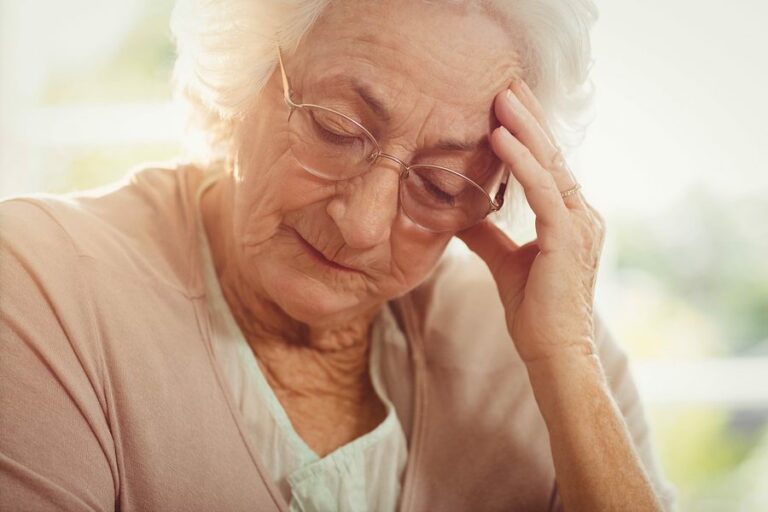Home Care in Anderson SC
What may seem like a minor fall, causing the elder to hit their head, could have a serious impact on the health of your loved one’s brain. In fact, falling is one of the most common ways seniors 
According to the Alzheimer’s Association, people over the age of 75 have the highest rates of hospitalizations due to traumatic brain injuries. By getting the elder medical attention as soon as you begin noticing the following symptoms, you will increase the number of treatment options that are available to them. An elderly care provider can also be hired to ensure your loved one is properly cared for.
Symptoms
Even a small fall could cause a disastrous effect on the brain. If your loved one exhibits any of the following symptoms, make sure they are seen by a doctor as soon as possible.
- Trouble remembering new information
- Unconsciousness
- Forgetting the details of the event that caused the injury either before or up to 24 hours after the accident
- Feeling dizzy
- Headaches
- Becoming easily confused or disoriented
- Vomiting or nausea
- Blurry vision
- Ringing in the ears
- Difficulty communicating clearly
- Shift in their emotions or sleep habits
Types of Traumatic Brain Injuries
There are three types of traumatic brain injuries to be aware of:
- Mild traumatic brain injury: The elder will either remain conscious the entire time or will become unconscious for no longer than 30 minutes. Symptoms may not appear for days or weeks after the event, but can clear up rather quickly. Another name for this form of brain injury is concussion.
- Moderate traumatic brain injury: Unconsciousness occurs for longer than 30 minutes. The symptoms last longer than they do with the mild version, but are far more serious.
- Severe traumatic brain injury: This occurs when the elder is unconscious for more than 24 hours. The symptoms are also much more serious and long-lasting.
Treatments
Depending on the severity of your loved one’s condition, they may need to stay at the hospital for a short period of time for observation or will require home care from an elderly care provider. If the condition is severe enough, the senior may require inpatient rehabilitation, which could take months of treatments. Older adults with a disease that will impair their cognitive and mental abilities, such as dementia and Alzheimer’s disease, may need to take medication in order to slow down the progression of their disease.
If you or an aging loved one are considering hiring home care in Anderson, SC, contact Heart of the Carolinas Home Care at 864-991-3116. Providing Home Care Services in Greenville, Simpsonville, Greer, Anderson, Spartanburg, Mauldin, Seneca, Laurens, Charleston, Columbia and the surrounding areas.
Source:
http://www.alz.org/dementia/traumatic-brain-injury-head-trauma-symptoms.asp
- Is it Possible to Prevent Family Caregiver Burnout? - April 25, 2025
- Home Care Assistance Helps Seniors After A Fall - April 9, 2025
- How Home Care Supports Seniors Who Are Hard of Hearing - March 28, 2025

